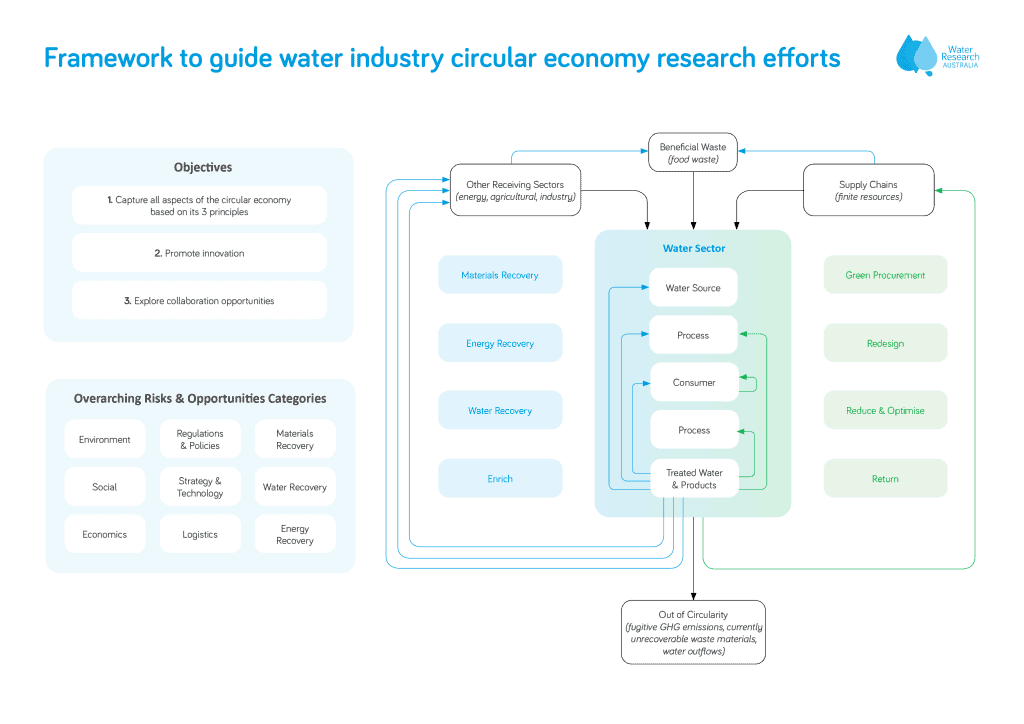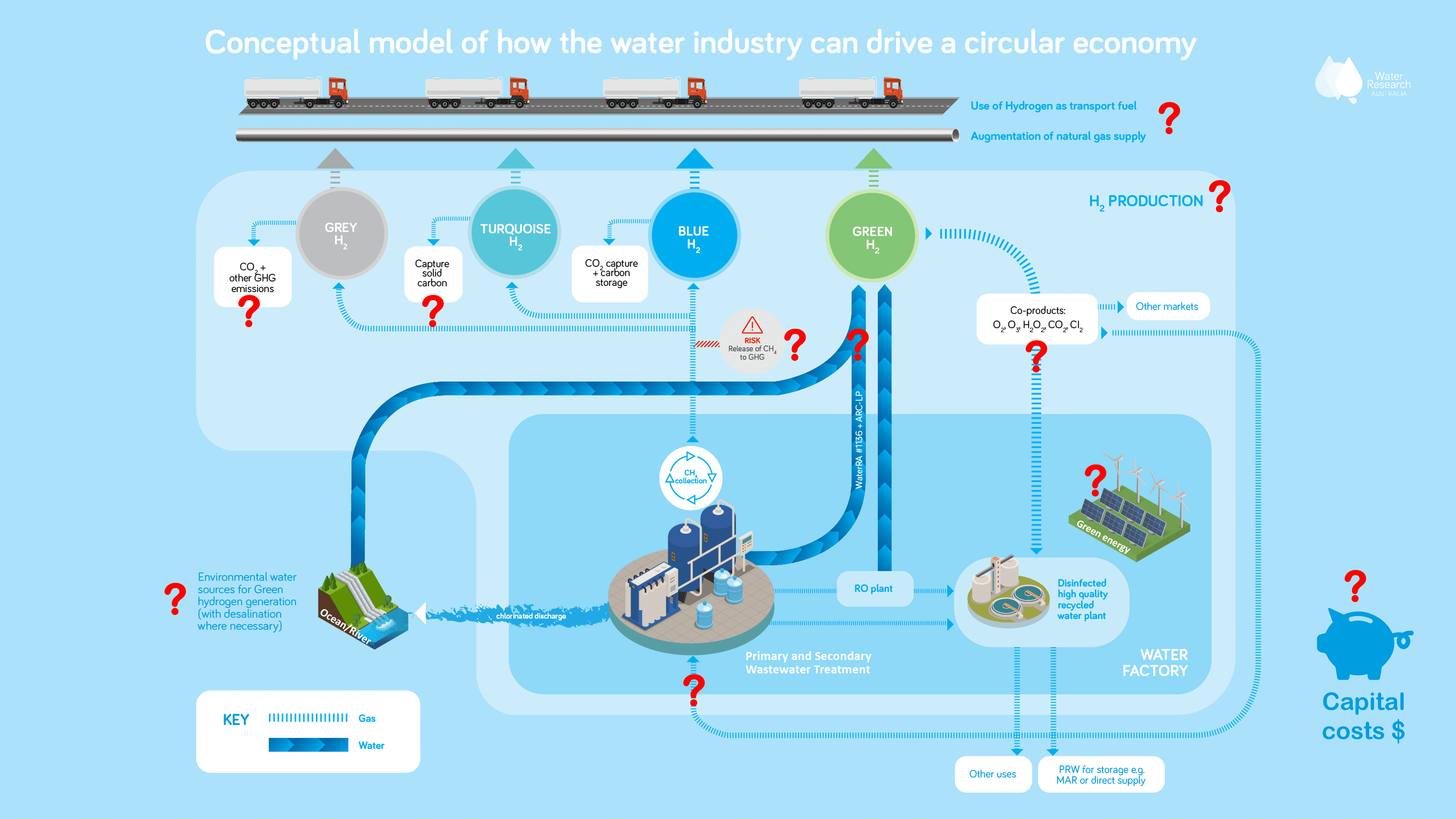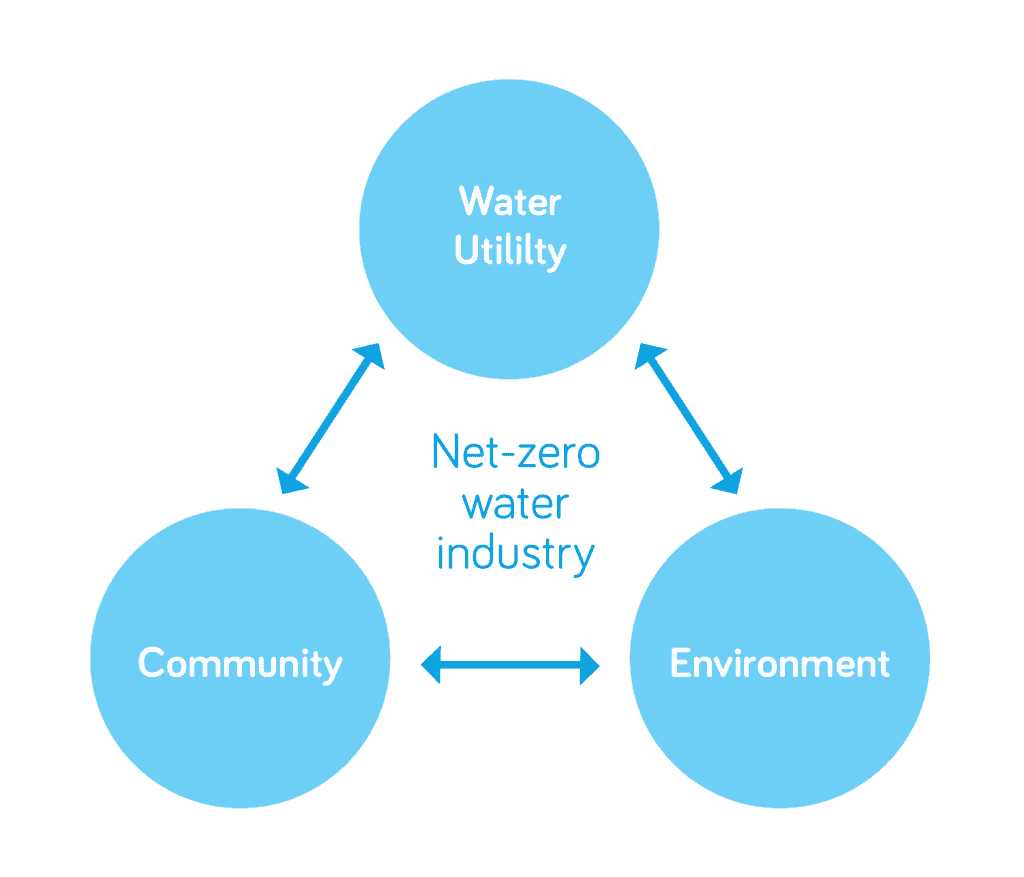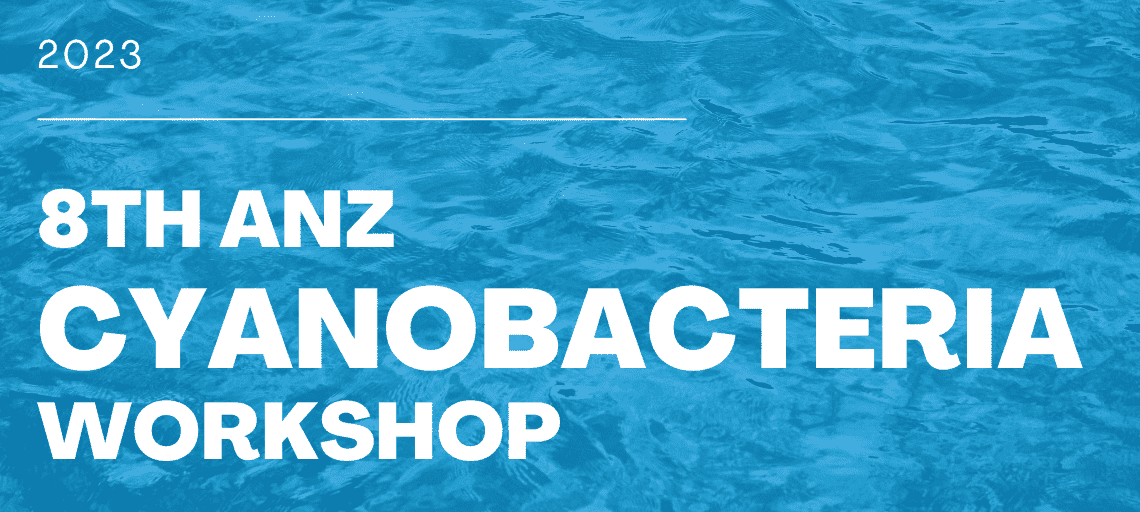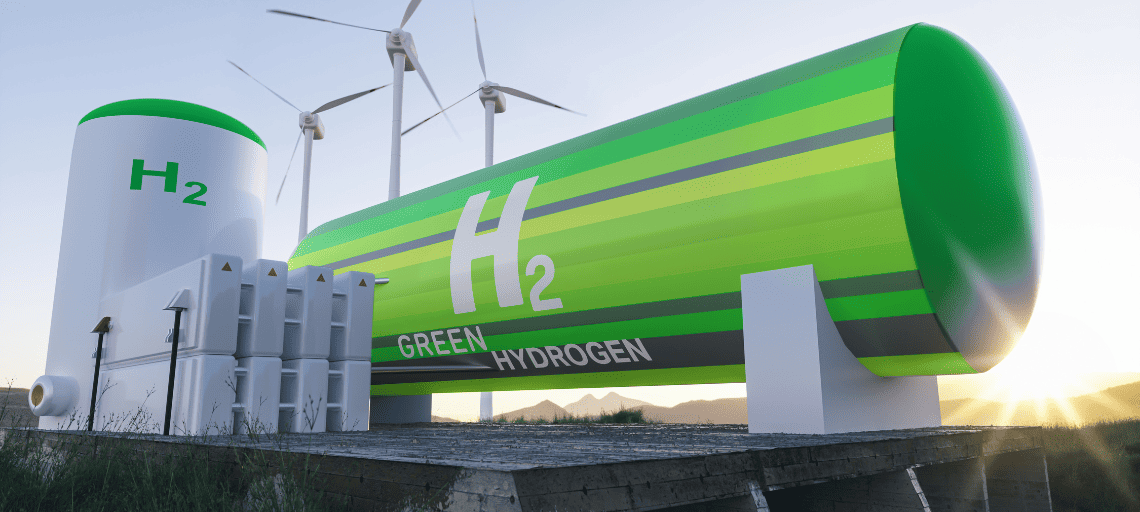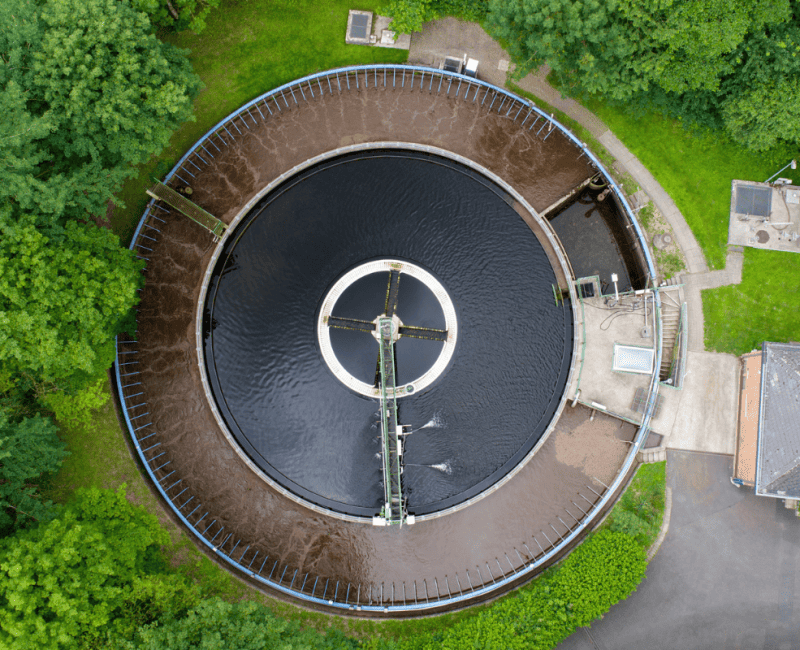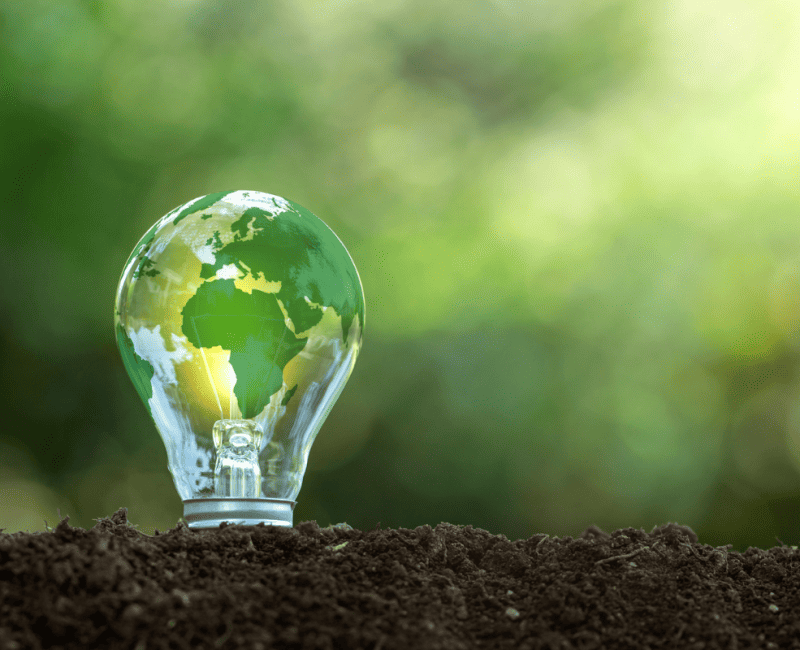The water industry's transition to a circular economy is driven by pressures impeding current practices and by environmental, financial, and social benefits. For the water sector, this transition corresponds to maximising the value of water and associated resources to position itself as an aspirational steward to society and the economy. However, there is no clear plan to transition away from our current linear model effectively and further research is required to embed circular activities in our practices.
Closing the loop on resource generation and use
Extensive engagement with our members resulted in creating a tailored research program that effectively clears the knowledge gaps by avoiding duplication and overlap. The tailored research program is built on a centralised framework which guides our research efforts and serves as a basis for defining Priority Activities, providing a better understanding of the gaps, and enabling a sustainable and just transition.
Priority Activities
Our tailored research program provides research projects that address the most impactful and urgent aspects of the circular economy – our Priority Activities. Transitioning to a circular economy can only be achieved through collaboration and our role is to synthesize the key components of the research to make it more accessible to the water industry.
The development of an Australian green hydrogen economy has become a national priority due to hydrogen’s crucial role in the decarbonisation of the economy. The current production costs of green hydrogen are unaffordable and ways to reduce costs will be needed for green hydrogen to play a role in future energy supplies. Also, the production of green hydrogen would need to be environmentally and socially sustainable. A critical aspect of this will be meeting green hydrogen’s need for water in a sustainable way, especially important in water stressed areas. The projected water demand for green hydrogen production is expected to reach 950 GL by 2050 (about 7% of national water use), which will invariably position the water industry as key players.
WaterRA’s hydrogen initiative aims to develop and deliver research projects that enable a just development of the hydrogen economy by providing a strong voice for the water industry within the hydrogen economy, demonstrating the viability of green hydrogen, co-products and hydrogen-derived chemicals, clarifying the barriers, benefits, and opportunities of co-location, and focus on best practice processes and systems to support this growing economy and deliver shared value.
Our focus areas are:
1) Optimising water sources and quality
2) Creating an enabling regulatory environment
3) Closing the loop to ensure green systems
4) Establishing and maintaining social licence
Related Projects & Resources
As global temperatures continue to rise and exceed pre-industrial levels, the need to reduce greenhouse gas (GHG) emissions has become increasingly urgent. Unfortunately, despite efforts to curb emissions, net anthropogenic GHG emissions have continued to increase across all major sectors, with the urban water sector now playing a significant role in contributing to global GHG emissions.
Water utilities worldwide face the pressing need to achieve net-zero operation, with at least 13 Australian water utilities serving 16.3 million people committing to achieve net-zero by as early as 2030. Achieving this goal is a significant challenge, but it is one that must be urgently addressed to protect the environment for future generations.
The net-zero water research program is an initiative led by Water RA, the Water Services Association of Australia (WSAA), and the University of Queensland (UQ). The program aims to provide a nationwide platform for consolidating expertise and resources to work towards achieving the net-zero goal. This initiative is essential for enabling the sharing of knowledge, translating technology, and communicating inclusively with broader communities. While there are still uncertainties and knowledge gaps hindering the pathway to net-zero in the water industry, this collaborative approach offers a powerful solution to the challenges we face.
The prime focus of this Net-zero water program are to:
- Deliver advances in quantification, reduction and off-set technologies for net-zero water operation; and
- Train next generation of industry-ready workforce, laying the foundations for Australia water industry to achieve net-zero operation.
Related Projects
Management of biosolids is increasingly a key priority for water utilities due to the large volumes produced, their higher processing and management costs, and the presence of emerging contaminants. Water utilities have started considering biosolids as a resource rather than as a waste because of the economic, environmental and social benefits that can be derived from their reuse. Further research is required to quantify their full value and identify all the opportunities biosolids can offer.
WaterRA’s goal is to accelerate the reuse of biosolids and their derivatives through initiatives designed to:
- Improve technologies – develop new technologies to enhance and safeguard existing beneficial reuse routes, optimise them, and develop tools for technology selection
- Improve products – identify the various markets for biosolids and derivatives, develop tailored products providing environmental/agricultural benefits and unlock the economic benefits by shifting the paradigm such that biosolids become resources rather than wastes
- Ensure safe circularity – determine the environmental impacts of biosolids treatment and disposal options, develop processes that effectively deal with contaminants and produce products that are safe to use, provide research evidence of the benefits of biosolids and work with regulators to reduce regulatory barriers
Related Projects
Building a circular economy requires changes to be made at all stages of the supply chain, from product design to disposal. To increase the circularity of the water industry, management of externalities needs to be complemented by green procurement in order to effectively close the loop on resource generation and use. The water sector can significantly reduce the quantity of extracted resources by increasing their procurement and use recycled materials to create new products, buildings and infrastructure.
WaterRA is developing a program to explore procurement for the water sector by:
- De-risking and improving the sustainability of supply chains. This will require a mapping exercise of key supply chains, identifying green alternatives that are currently available, in development or can be generated on-site, and finding the best options to offset supply chains.
- Improving the use of recycled content in the infrastructure. This will require an inventory of materials used, identify and/or develop materials with recycled content, and ensuring these materials provide environmental benefits while meeting or exceeding technical standards.
- Developing a well-thought out procurement strategy. This will require a detailed study to understand how green procurement can help with long-term goals (e.g. Scope 3 emissions), and cross sectoral collaboration to determine who the suppliers are and how new practices can be implemented.



